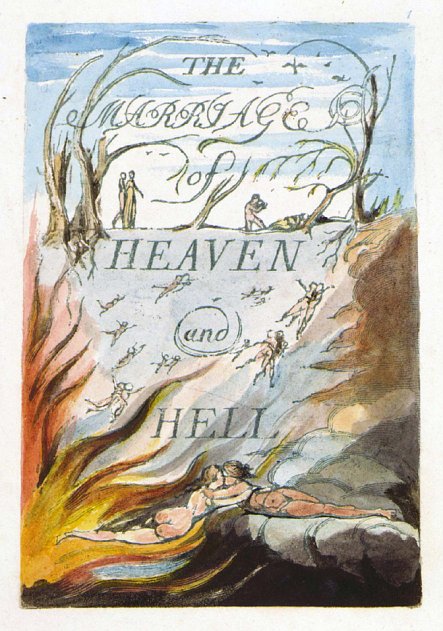
Hawkins / AvsA-Tabelle
Inhaltsverzeichnis: (verbergen)
 |
|
Der Energiekörper eines Menschen trägt eine historische Spur von lebenszeitüberdauernden Mustern, die seine Entscheidungen, sein Verhalten und seine Gefühle von Anziehung oder Abneigung beeinflussen.
Anziehung und Abneigung sind Illusionen, die einen auf einer bestimmten Bewusstseinsebene verharren lassen.
Der Mensch klebt an Attraktionen und ebenso an Abneigungen, weil sie ihm vertraut sind und einen garantierten Gewinn einbringen. In beiden Fällen gilt es, die Anhaftung preiszugeben. |
| Anziehung ⇔ Abneigung (Übersicht) |
| Anziehung, Vorlieben Prachtstraße | Abneigung, Aversion Schmaler Pfad (Königsweg) |
| Vertraut, Sicher, Leicht | Veränderung, Unsicherheit, Anstrengung |
| Anklammern, Festhalten | Angst vor Neuem, Loslassen |
| Konflikt, Uneinsichtigkeit | Frieden, einlenken |
| Wut, "halbstark", Stolz | Sanftmütig, "charakterschwach", Demut (nicht mit Demütigung zu verwechseln) |
| Wichtigkeit, Status | Ein Niemand sein, Bedeutungslosigkeit |
| Spannung, Reiz des Neuen, Erregen | Langeweile, Eintönigkeit, leer ausgehen |
| Kontrollieren, beherrschen, dominieren | Akzeptieren, annehmen, erliegen |
| Die Welt retten wollen | Die Welt Gott übergeben, Sich selbst verändern |
| Die Welt verändern | Sich selbst verändern |
| Meinung, Inhalte | Schlichtheit, Kontext – Feld |
| Märtyrer sein, Opfer sein | Akzeptieren |
| Angst, Begierde, sich verzehren | Überleben, geschehen lassen |
| Vergeltungsstreben, Hass | Vergeben, Mitgefühl |
| Attraktiv, speziell, spezifisch | Schlicht, allgemein |
| Verteidigen, widerstehen | Nachgeben, annehmende Hingabe |
| Schuld, Schuldzuweisung | Verantwortung übernehmen |
| Trendig, Aufmerksamkeit genießen, lauter sprechen | Unscheinbar, übersehen, Schweigen |
| Geld, Gewinn, Fülle, besitzen | Armut, Verlust, Genügsamkeit, verwalten |
| Teilweise orientiert an: D. Hawkins, Sedona Seminar Vision, 3 DVD-Set, 25. Februar 2005 Siehe auch: ► Sedona Seminar Vision, 3 DVD-Set, 26. Februar 2005 |
Siehe das Triple-Pendel von Prof. Hans-Peter Dürr
|

|
| |||||||||||||||||||||||||||||||||||||||
| Inspired by: ► D. Hawkins, Sedona Seminar Vision, 3 DVD set, 25. February 2005 |
Links zum Thema Anziehung ⇔ Abneigung / Attraction ⇔ aversionLiteraturLiterature (engl.)
Externe Weblinks
External web links (engl.)
|
Wiki-Ebene